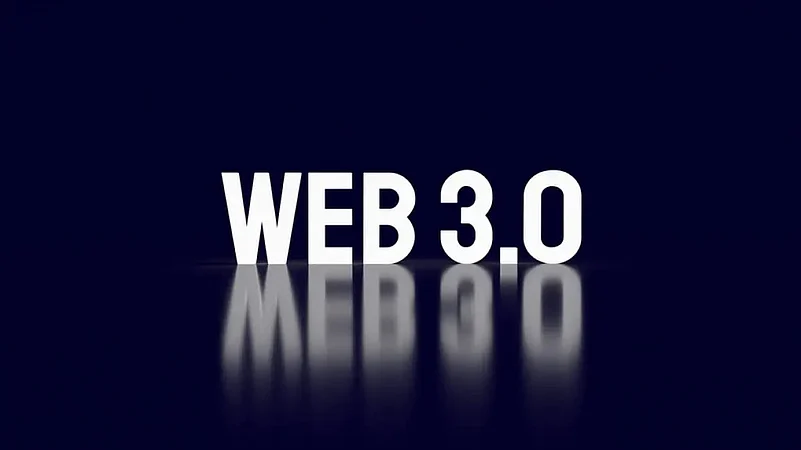Cryptocurrency transactions could become a mainstream affair in less than two years, and Web 3.0 technology will likely play a critical role in enabling internet companies to offer crypto services, says a report from US-based management consultancy firm Gartner.
The report, titled ‘Gartner Hype Cycle for Blockchain and Web 3.0, 2022,’ published last month, observed that cryptocurrencies are gaining increased attention from enterprises after years of fragmented adoption.
Using the Hype Cycle methodology, Gartner estimated that cryptocurrencies could see “mainstream adoption in less than two years.”
Gartner’s Hype Cycle graph also predicts the growth of Web 3.0, non-fungible tokens (NFT), decentralised finance (DeFi) platforms, and blockchains, among others.
According to Shrikant Bhalerao, co-founder , Seracle, a blockchain services company, "Web 3.0 offers ownership over digital assets, and blockchain enables data sovereignty. Metaverse acts as a gateway to the immersive virtual world where all the objects, avatars, and other elements can be classified as digital assets on blockchain in the form of NFTs, and this opens to various applications of Web3 on Metaverse."
What Is Web 3.0?
Web 3.0 was coined by British computer scientist and co-founder of the Ethereum (ETH) blockchain Gavin James Wood. He now heads his Web 3.0 Foundation.
Wood predicts that all data, including financial, social, and art-related information, in a future decentralised world would be stored on publicly owned blockchains.
What Can Web 3.0 Do For You?
According to Avivah Litan, a vice president at Gartner, Web 3.0 is a “new technology stack” built on blockchain protocols that supports the growth of decentralised applications.
Litan said Web 3.0 “enables users to control their identity, content, and data.” It could “include privacy-preserving protocols, decentralised governance, and decentralised application platforms.”
Litan also predicts in the report that new decentralised technologies will integrate with the existing Web 2.0 in the coming years.
For example, Litan explains how Web 3.0 could boost new social and business models.
Litan said that smart contract-run applications eliminate centralized entities' intermediaries and administrative overhead. Thus, cryptocurrencies would power new business models and Web 3 economy.
Web 3.0 supports new business opportunities, such as “the programmability and monetization of creator-owned and managed content in the form of NFTs.”
Earlier, Piyush Gupta, president of metaverse marketing company Kestone, said that consumers would be the biggest beneficiaries of Web 3.0. Much like the Internet today, ‘Meta Surfers’ could experience, learn and consume in an innovative new way, Gupta said.
How Metaverse And Web 3.0 Are Related
Litan said that Web 3.0 offers many features for the metaverse. For example, she said, “Metaverse can benefit from Web 3.0’s tokenisation to store and exchange value” virtually.
Tokenisation refers to the creation of units that have a value in blockchains. For example, the ETH crypto is the token of the Ethereum blockchain. So, tokenisation is the process that divides an asset’s ownership into digital tokens.
Will Web 3.0, Metaverse Become One Entity?
According to Litan, "Metaverse and Web 3.0 won't merge into one entity, but they are complementary visions of a future internet." Hence, the metaverse and Web 3.0 will co-exist and complement each other using shared technology like tokenisation. However, Litan said the current Web 2 has the advantage of scale, customer service, and protection.
According to Lokesh Rao, co-founder and CEO, of Trace Network Labs, a lifestyle metaverse company, "One reason why Web 3.0 and Metaverse are bound to complement each other in many ways, is the fact that both are being built on the foundations of decentralization. Rules baked into the blockchain will be key to how these concepts work together."
According to Bhalerao, "There are various applications of Web 3.0 on Metaverse such as advertising using NFTs, rental of real-estate as NFT, Paid access to virtual cinema halls, theaters, immersive practical education for medical, civil, mechanical fields to reduce the costs & save time. All these use cases together make Metaverse and Web 3.0 complement each other."
She has also highlighted some potential risks in Web 3.0, including the lack of customer protection, new security threats, and reversal to centralised control.













